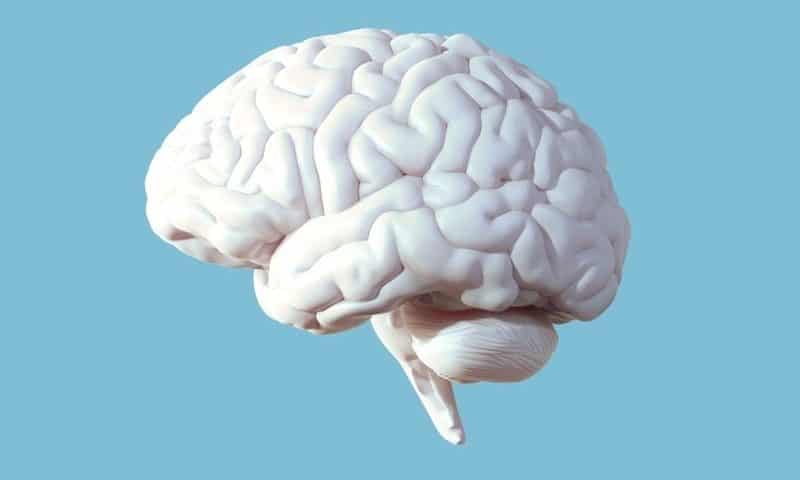The neurostimulation startup Magnus Medical is raising the curtain with $25 million in hand and an FDA breakthrough designation for its personalized treatment for severe cases of depression.
Built on technology originally developed at Stanford University, Magnus exited stealth with the early funding round and also reported data from a controlled trial of its noninvasive system, which pairs transcranial magnetic stimulation with digital imaging scans. The goal is to deliver stronger, targeted bursts of energy to specific areas of the brain on a patient-by-patient basis, to help reset the neural pathways that can drive the symptoms of depression.
Last year, a small study by Stanford researchers found that high doses on an accelerated timeline—with treatments spanning just three to five days compared to typical transcranial stimulation regimens of up to six weeks—triggered rapid relief of symptoms in 90% of participants.
Among 21 people with major depression, all had reported suicidal thoughts before the study, and each said that they had seen no improvements with common medications or other device-based therapies. After the personalized treatment, which uses MRI scans to find specific overactive areas of a patient’s brain to target, 19 saw their depression rating scores drop into a non-depressed range, and none reported having suicidal thoughts.
“There’s never been a therapy for treatment-resistant depression that’s broken 55% remission rates in open-label testing,” study senior author Nolan Williams, an assistant professor of psychiatry and behavioral sciences at Stanford, said in a statement at the time. “Electroconvulsive therapy is thought to be the gold standard, but it has only an average 48% remission rate in treatment-resistant depression. No one expected these kinds of results.”
Since then, researchers completed a randomized, controlled trial that supported those results. The study of 32 participants demonstrated a 52% average reduction in depression scores a month after therapy, compared to 11% among those who received a sham treatment. The findings were recently published in the American Journal of Psychiatry.
“This study shows this new personalized treatment is effective and works quickly, evidenced by 79% of people entering remission after only five days of treatment,” said Brandon Bentzley, Magnus’ co-founder and chief scientific officer, who is the co-first author of the study.
Data from both studies were used to secure a breakthrough designation from the FDA.
Magnus’ $25 million series A financing will help it move its therapy forward and was co-led by JAZZ Venture Partners and Red Tree Venture Capital.
“This investment lets us further develop our technology into an integrated treatment system and supports clinical trials to further develop individually targeted, accelerated neuromodulation for the millions of people who suffer from severe depression,” said Magnus’ co-founder and CEO, Brett Wingeier.

